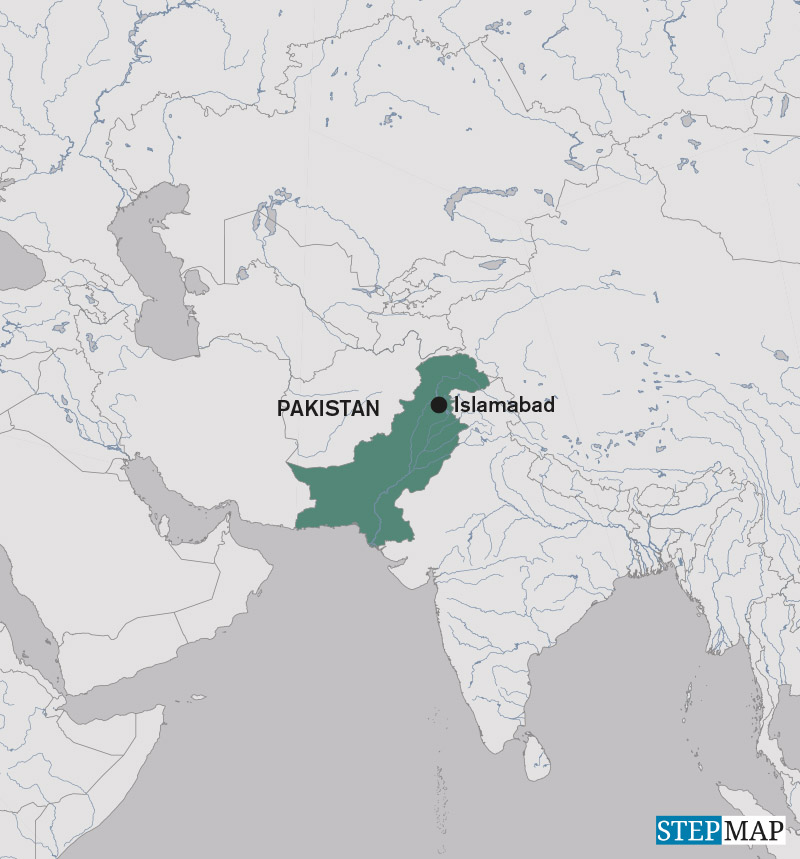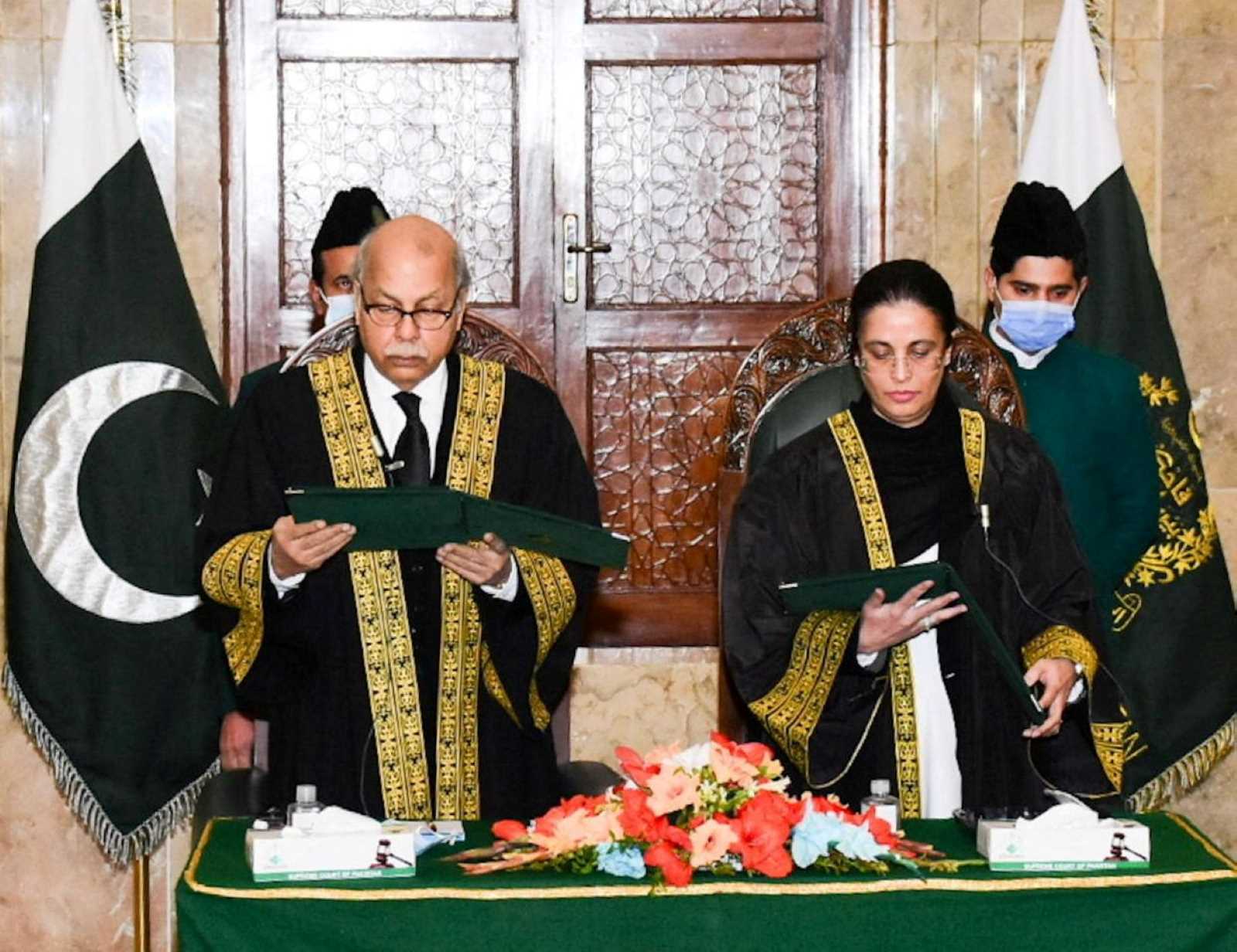Gender justice
Eight decades of gender relations in South India

Krupa Ge’s storytelling is very subtle and nuanced. She takes the perspective of a young Indian PhD student, Yamuna, who lives in the southern state of Tamil Nadu and wants to understand her family’s history. In particular, she is interested in her grandmother’s sister, Lalitha, who became a prominent classical singer in the early 1940s. Yamuna’s grandfather, Kannaiya, now in his 90s, does not want to discuss his sister-in-law’s fate and also refuses to hand over old letters.
The characters in Ge’s excellent novel cannot be defined in terms of black and white. The progressive trade-union activist becomes a devout Hindu after retiring. The wifebeater is loving and positively affirmative when it comes to a little girl. The self-confident leftist mother still worries about what relatives may think and certainly wants to see her children marry.
Ge tackles several controversial issues. The gender-justice dimension of “What we know about her” is most obvious. She shows the historic evolution from arranged child marriage to teenage marriage to self-determined relationships outside the wedlock. The scope for female self-expression, including outside the family, has grown. Nonetheless, domestic violence, sexual abuse and repression persist. Questions of respectability remain relevant, and extended families still exert pressure.
Ge intertwines the gender debate in fascinating, but less obvious ways with an assessment of authoritarian identity politics. The novel is set in December 2019 when protests against a reform of citizenship laws rocked India. The Hindu-supremacist government of Prime Minister Modi enacted rules with a strong anti-Muslim bias. Ge does not discuss the politics explicitly, and readers who are not familiar with India may miss many of her hints to the events of 2019 and, more generally, Hindutva, the ideology of Hindu supremacism.
Ge is aware of the long history of right-wing fanaticism. Quite fittingly, Lalitha’s husband, who looks like Hitler, is a Hindutva activist. It took me some googling to find out that the Mahasabha party he belongs to is a precursor of the RSS, the cadre organisation which was modelled on Mussolini’s fascists and spawned a huge network of Hindu-supremacist outfits. Modi’s party, the BJP, belongs to that network, and he is an RSS member himself. He is also the MP for Benares, Hinduism’s holy city. In the novel, Yamuna travels there twice and sees it with the eyes of a South Indian tourist.
Ge does not disown Hinduism, but rejects the abuse of the faith for manipulative identity politics. Her novel also tackles caste issues, but they blend into the big topic of traditional norms versus individual choice. Non-Indian readers will get the main message even if they miss caste-related nuances. Indeed, the metropolitan modernity Ge describes in Chennai is actually very similar to what people experience in the west. Everyone must decide for themselves to what extent they want to conform to expectations and to what extent they want to chart their own course in life.
The book has a very Indian feel. Lalitha comes to accept her adult life, which, apart from a short break, is mostly loveless and marked by violence. Inner peace and happiness result from embracing one’s fate, not from resisting it. The expectation of permanent bliss, by contrast, can easily lead to constant disappointment, so the pursuit of happiness tends to result in enduring mass frustration.
Ge does not reject western individualism, but she is clearly aware of its limits. A western author might have pondered to what extent different protagonists are liberated and self-empowered on some scale from 0 to 10, but Ge takes a different approach. She depicts Lalitha and Yamuna as children of their respective eras, with scope for some self-empowerment, but limits imposed by society. Both do what they can to take fate into their own hands, but ultimately no one can control fate. What matters is the two poles, not the scale between them.
Book
Ge, K., 2021: What we know about her. Chennai: Context.
Hans Dembowski is editor in chief of D+C Development and Cooperation / E+Z Entwicklung und Zusammenarbeit.
euz.editor@dandc.eu













